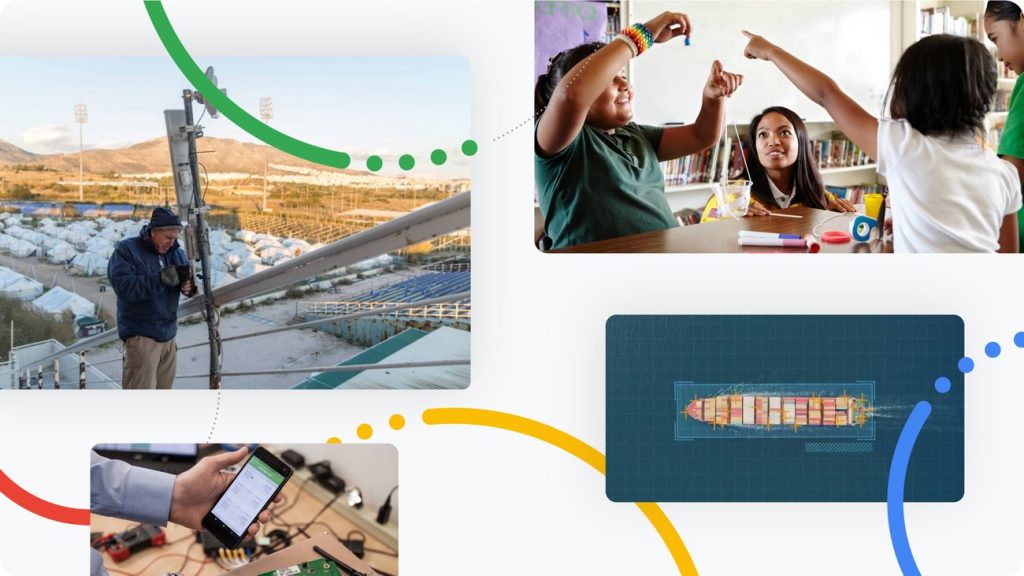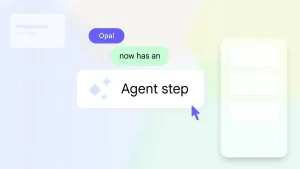Googleorgs New Focus Areas

Google.org has always been dedicated to addressing the world’s biggest problems. At their first Impact Summit, they unveiled their new focus areas.
These areas include Knowledge, Skills, and Learning; Scientific Advancement; and resilient communities. Each plays a unique role in shaping a better, more inclusive future.
Knowledge, Skills, and Learning
Google’s vision is to organize the world’s information and make it universally accessible and useful. Access to information is a powerful tool that enables individuals to gain knowledge, find opportunities, and secure a better future.
More than 90 million learners worldwide have benefited from Google.org’s education initiatives. The new focus aims to ensure marginalized communities can access digital, technical, and AI skills.
An exemplary program by John Jay College and DataKind uses AI to identify students at risk of dropping out. This initiative significantly boosted senior graduation rates by 32%.
Scientific Advancement
Google has a long history of supporting research and science, driving forward many technological breakthroughs. Over the last five years, Google.org has donated over $200 million to aid organizations that use AI for the Sustainable Development Goals and addressing pressing social issues.
Today, Google.org introduces ‘AI Collaboratives’ to foster cooperation among organizations to tackle global challenges using AI. These collaboratives focus on specific fields with the potential for significant positive impact.
The aim is to encourage others to join in through funding, collaboration with Google Research, workshops, and new studies. This engagement intends to make strides in solving complex problems more efficiently.
Resilient Communities
Google strives to improve the lives of individuals both online and in local communities. Google.org will continue its support for programs addressing local challenges such as hunger, housing, and public benefits. Digital wellbeing and safety, especially for youth, are also priorities.
Raspberry Pi Foundation, in collaboration with Google DeepMind, launched the Experience AI program for 11- to 14-year-olds. This initiative aims to educate and inspire young minds about AI, focusing on ethics and real-world applications.
Google.org’s $10 million support will expand this program to over 2 million young people across Europe, the Middle East, and Africa. The goal is to cultivate responsible and informed AI users.
Supporting Nonprofits
A recent survey by Google.org revealed that four out of five nonprofits see potential in generative AI but nearly half are not yet using the technology. To address this gap, Google.org is introducing new AI resources specifically for nonprofits.
These resources aim to guide nonprofits, whether they are exploring AI for the first time or planning to implement AI-based social impact projects. This support will help unlock AI’s potential to enhance the effectiveness of nonprofit work.
Future Impact and AI
Over the past 20 years, Google.org has partnered with committed organizations to create opportunities worldwide. The introduction of AI provides a profound chance to amplify this impact manifold in the coming decades.
With a strong focus on AI, Google.org plans to continue its legacy of addressing pressing global issues with innovation and substantial support. The future looks promising for the communities they aim to uplift.
Google.org’s new focus areas align perfectly with their mission to address the world’s most critical challenges. By leveraging AI and supporting education, science, and community resilience, they are paving the way for a brighter future.
The commitment to these focus areas signifies a strategic and impactful approach to creating lasting, positive change globally.





